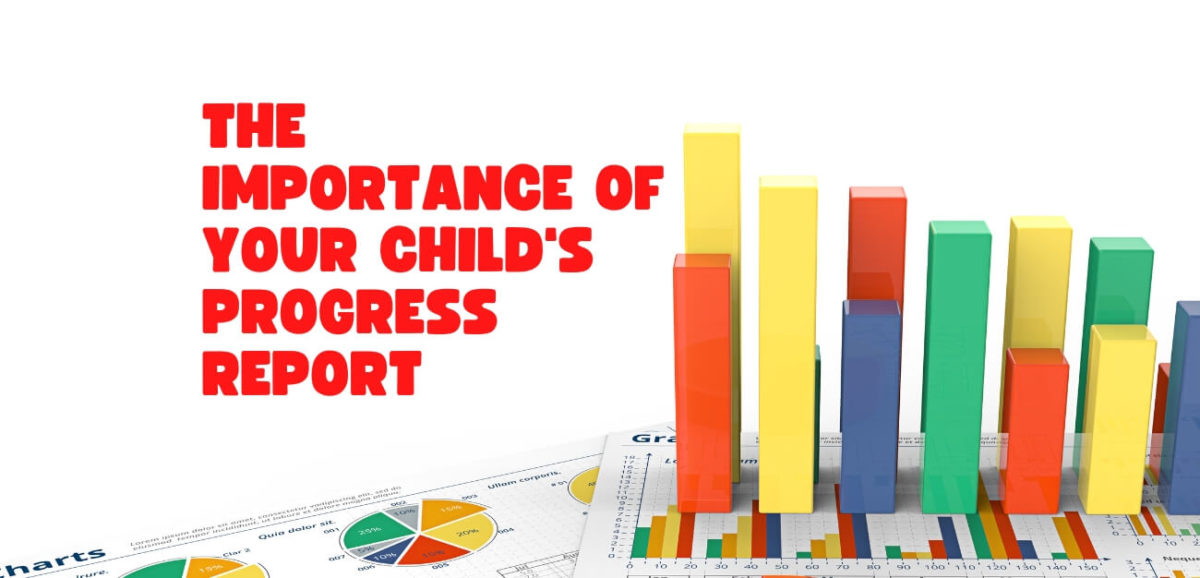After the initial flurry of back-to-school shopping and adjusting to a new routine, families often settle into a comfortable groove. But the first progress report can be a rude awakening. And, while it may be tempting just quickly to scan it and move on, it’s important to take the time to actually read through it […]



